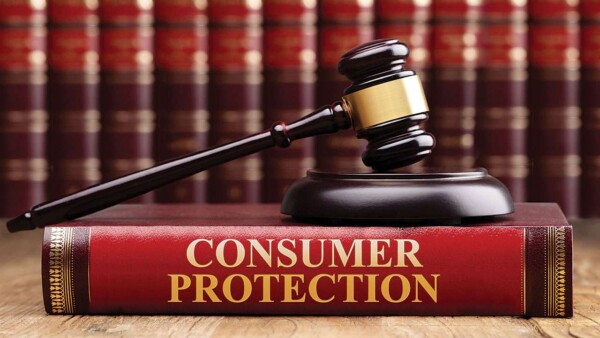Consumer Court Queries
Discover essential insights into Consumer Court Queries, offering guidance on jurisdiction, consumer rights, dispute resolution, and legal procedures. Empower yourself with knowledge to navigate consumer court proceedings effectively and advocate for your rights.
Defining Consumer Courts
Consumer courts, specialized legal entities, handle disputes between consumers and businesses. They offer a platform for consumers to seek resolution for issues concerning faulty products, inadequate services, deceptive trade practices, or breaches of consumer rights.
Understanding Jurisdiction
Consumer courts wield authority over disputes related to goods or services within specified financial limits.
Consumer Rights
Consumers possess inherent rights, including safety, access to information, freedom of choice, the right to voice concerns, and the ability to seek redressal. Laws exist to safeguard these rights and ensure accountability from businesses.
Types of Disputes
Common disputes consumers bring to these courts include grievances over defective products, substandard services, misleading advertisements, billing discrepancies, or breaches of warranty.
Initiating a Complaint
To file a complaint, consumers must submit a written document along with supporting evidence to the relevant consumer forum, pay requisite fees, and attend scheduled hearings.

Hierarchical Structure
Consumer forums are structured into three tiers: District Consumer Disputes Redressal Forums (District Forums), State Consumer Disputes Redressal Commissions (State Commissions), and the National Consumer Disputes Redressal Commission (National Commission).
Representation Options
Consumers have the choice to represent themselves or engage legal representation.
Compensation and Remedies
In successful cases, consumers may receive compensation for damages, replacement or repair of defective products, refunds, or reimbursement of legal expenses.
Timeframe for Resolution
The resolution period varies, influenced by factors such as case complexity, evidence availability, and backlog of cases.
Appeals and Review
Parties unsatisfied with a court’s decision can appeal to a higher forum within stipulated timeframes.
Legal Fees and Costs
Filing fees vary based on claim value and jurisdiction.
Settlement and Mediation Opportunities
Mediation or conciliation is encouraged for swifter, amicable resolutions.
Role of Advocates
Consumer advocates and NGOs play essential roles in raising awareness of consumer rights, assisting with complaint filings, and advocating for stronger consumer protection laws.
Enforcing Court Orders
Consumer forums possess enforcement mechanisms, such as fines, warrants, or contempt proceedings, to ensure compliance with their rulings.
Consumer Education and Empowerment
Education initiatives empower consumers to recognize their rights, make informed decisions, and effectively address unfair business practices.
By fostering understanding of consumer rights and responsibilities, consumer courts contribute to a fair, transparent marketplace where grievances are swiftly addressed.
